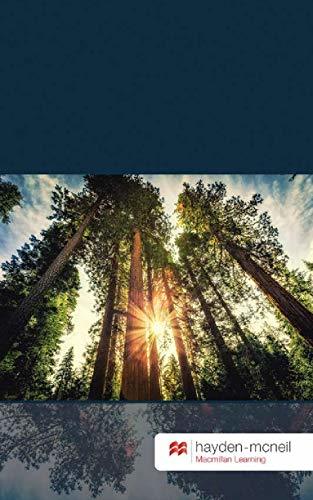This is a textbook used in a dual credit course I teach, and it was time for a re-read as I prepare for our class "book club" chat. Each time I open this book for a new semester, I am reminded about how powerful this concept of being a learner really is, even for a middle-aged adult like myself. (Note that the primary target of this book is a college student.)
I would recommend this 52-page book to learners of all ages, from high school on up. In fact, I am about to share my copy with a colleague so that we can have a really great discussion about this book. And if you read it too, I would love to chat with you. There is so much to discuss here!
I'll share just a few of my favorite nuggets of wisdom from this book that posits that the primary purpose of college (note the term "primary" here) isn't gaining a set of professional skills but is instead becoming a learner.
"You can seek out courses, teachers, projects and activities that will help you develop your creative capacities. Remember, creativity isn't just confined to art or dance or music. Creativity is possible in every field of study and in all learning environments."
"Now it's no longer only about what happens in the classroom. Instead, learning becomes something that you're doing all the time. It never stops."
"Significant problems and challenges aren't solved with ready-made answers; they are solved by learners who can carefully think through the problems and come up with wise solutions."
"You don't have to have a perfect learning experience in college to reach your potential. It's who you become as a result of that process--no matter how imperfect that process may be--that matters most. And since you will never have perfect circumstances in your community, profession, and relationships, becoming a learner in a less-than-ideal college situation can prepare you for solving problems and succeeding in this less-than-ideal world."

